

When you experience jaw clicking or popping, it can be a painful or uncomfortable sensation. This common phenomenon is caused by a misalignment of the temporomandibular joint (TMJ)- which are the joints that connect the jaw to the rest of the skull. This is what helps your jaw attain a large range of movement, allowing you to chew, eat, sing, yawn - really, anything that has to do with moving your jaw!
If your jaw clicking or popping is accompanied by pain, it may be time to see a TMJ Expert like Dr. Eddie Siman.
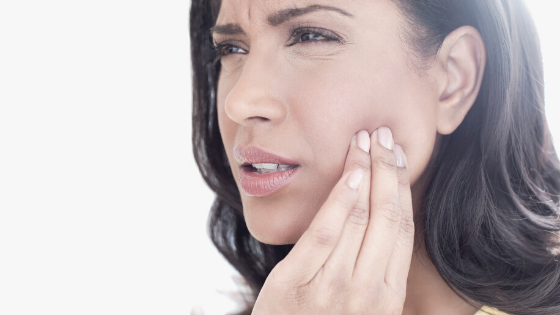
From DentistParker.com
There are a few common causes for jaw clicking. They include:
Clenching your jaw
Grinding your teeth
Holding your mouth in unnatural positions
Biting your fingernails, lip or cheek
Frequently chewing gum
Performing these behaviors regularly can cause your TMJ to wear out, thereby causing the clicking sound. Sometimes, however, the clicking can be attributed to an underlying condition that would need medical treatment down the road.
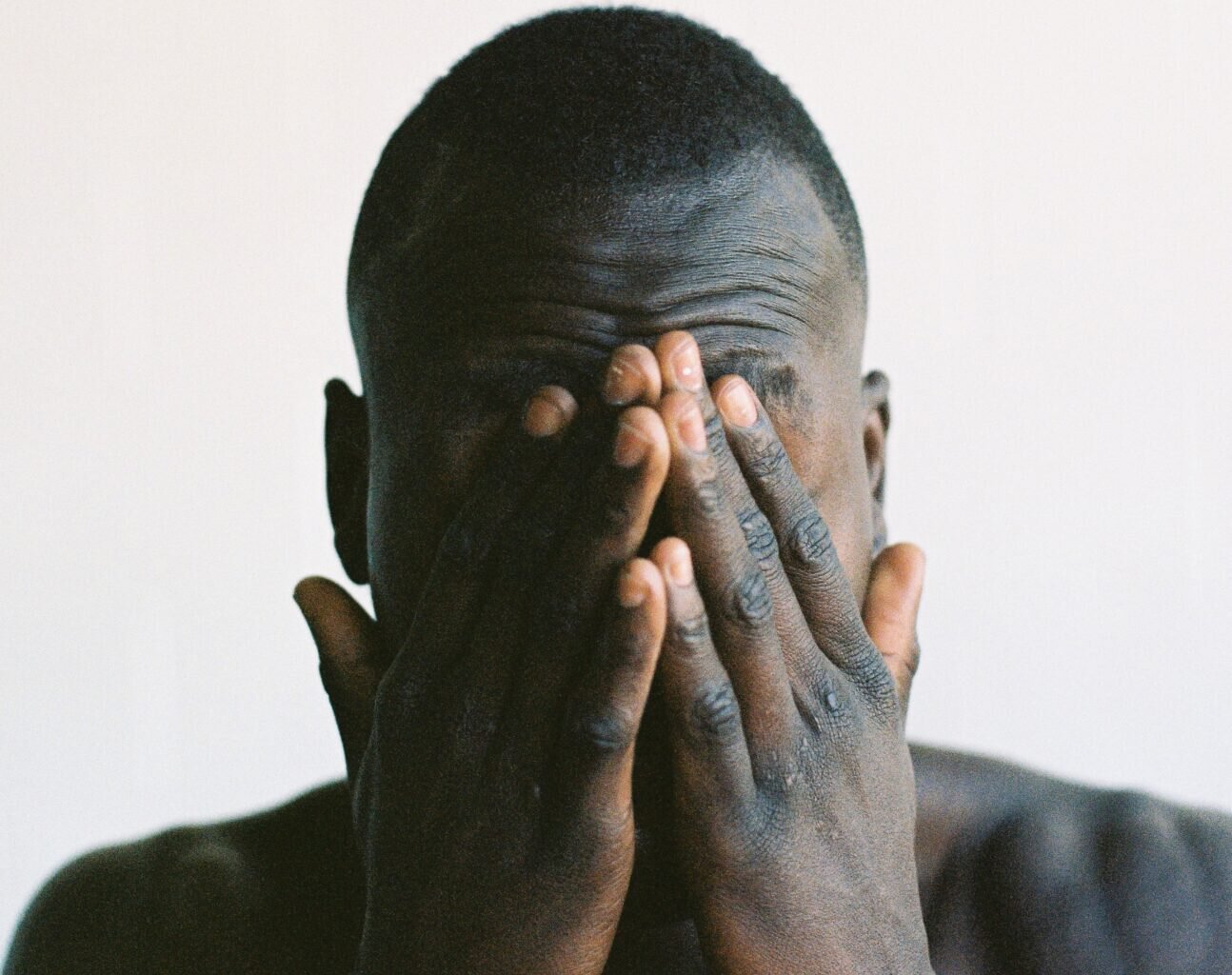
Photo by Gemma Chua-Tran on Unsplash
Sleep apnea is a potentially fatal disorder that causes a person's breathing to pause or cease involuntarily. Depending on the type of sleep apnea you have, the reasons for this will be different. If you have Obstructive Sleep Apnea or OSA, this cessation of breathing is caused by a narrowness in the airways.
You may wish to talk to your doctor if you're experiencing any of the following symptoms:
Daytime drowsiness
Depression
Leg Swelling
Snoring
Headaches
If you have Central Sleep Apnea or CSA, it is because your brain is not accurately signaling the muscles needed to perform the involuntary breathing action while you sleep. This disorder may cause you to experience:
Full-body weakness
Difficulty swallowing
Changes in voice
Changes in speech patterns
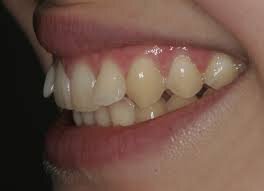
Teeth malocclusion is exactly why getting braces is so important. Malocclusion is just a medical way of saying that your jaw and teeth are misaligned - whether you have crowded teeth, a crossbite, an overbite, or otherwise. This can cause your jaw to pop.
It will be obvious if you have this particular ailment, but here are a few other connected symptoms:
Biting inner cheeks or tongue
Mouth breathing
Speech issues like lisps
Altered facial appearance
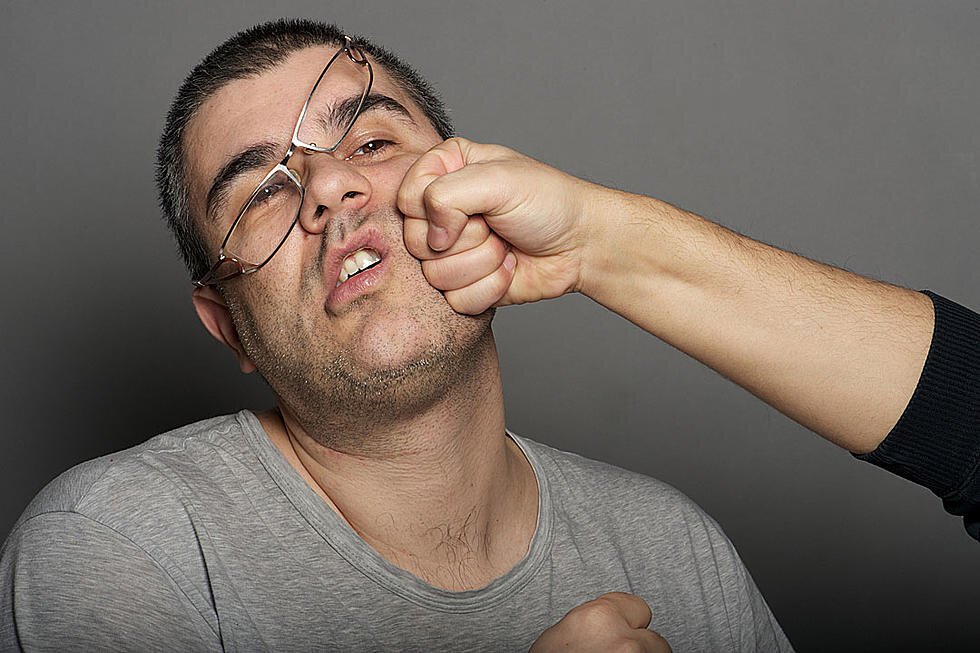
From Alamy.com
If you have a broken or dislocated jaw, you might hear clicking or popping, too. This is because your jaw has become unhinged, and should be treated by a doctor right away.
Those with broken or dislocated jaws can also experience:
Swelling
Bleeding
Numbness
Bruising
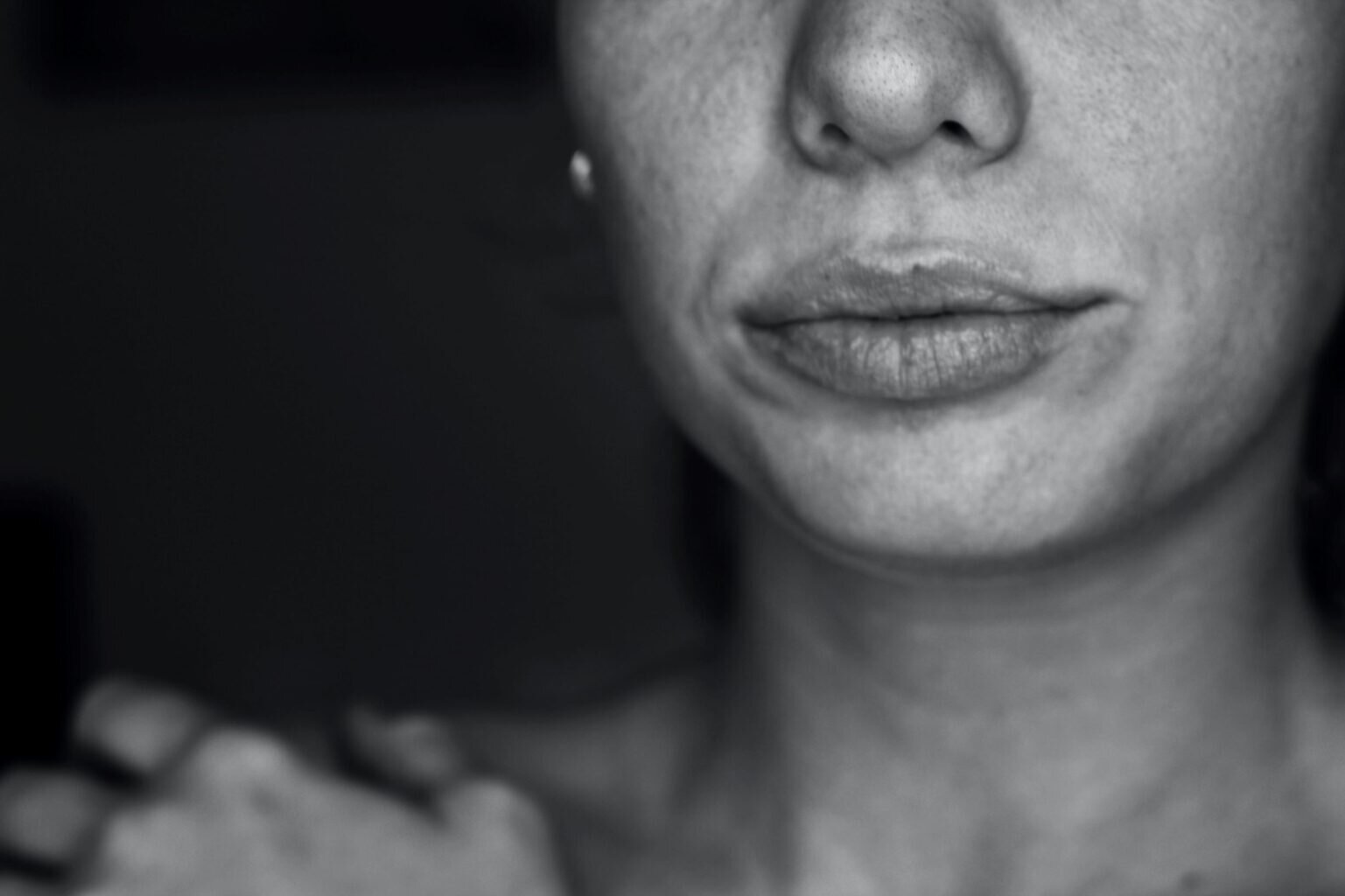
Photo by Florencia Starakov on Unsplash
Myofascial Pain Syndrome or MPS is a disorder that causes localized chronic musculoskeletal pain. If you have MPS in your jaw, you may experience painful jaw clicking.
We commonly associate arthritis with hands, knees, and hips, but you can get arthritis in your jaw, too. Rheumatoid and osteoarthritis can affect the TMJ and jaw, causing a lower range of motion and pain in other parts of your body.
This isn't great news, but we'll help you figure out if you need to start seeing a specialist. A few other symptoms you might experience are:
Anemia
Tiredness
Loss of appetite
Arthritis will require long-term treatment from your physician or doctor.
We don't recommend going too far with home treatments as you could exacerbate the problem fairly easily.
Though treating a dislocated or broken jaw temporarily with heat and pain killers until you can see a doctor is always a good idea.
If you have a sturdy, well-reinforced retainer, start wearing that at night if you have a teeth-grinding or jaw clenching issue. You can also explore TMJ treatments that address jaw alignment.
If your jaw clicking worsens or becomes painful and refuses to go away, you don't have to go through any of this alone. Our dentist in Los Angeles can help.
Give us a call at the office to book your consultation, and prepare to kiss pain goodbye!
Dr. Eddie Siman has over 35 years of experience and is a premier TMJ and Sleep Apnea expert in Los Angeles and Orange County. Many come to Dr. Eddie Siman with severe tinnitus, migraine problems, and sleep apnea with no relief in sight. Little do these patients know that their painful symptoms are tied to the Temporomandibular joint (TMJ). Think outside the box and pay a simple visit to Dr. Siman today so you can finally find the source of all your pain and get rid of it once and for all.
Schedule your Private Consultation and Diagnosis Appointment with Dr. Siman Expert TMJ, Cosmetic Dental, and Sleep Apnea Treatments.
Call today (818) 574-5009
14629 Ventura Blvd, Sherman Oaks, CA 91423
414 N. Camden Drive Suite #1240, Beverly Hills, CA 90403